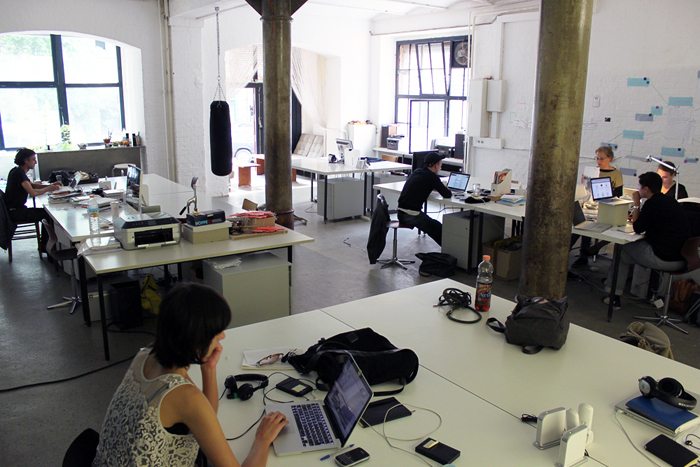By David Ranii
The News & Observer (Raleigh, N.C.).
RALEIGH
The technological advances that are revolutionizing the workforce — creating new jobs while rendering others outmoded — haven’t made a liberal arts education obsolete.
That’s what several panelists at the annual Emerging Issues Forum hosted by N.C. State University told about 950 attendees at the Raleigh Convention Center Monday: That although STEM skills — science, technology, engineering, and mathematics — are undeniably important to prepare students for successful careers, so are the liberal arts.
“We’re arguing about the wrong things,” said Mary Grant, chancellor of the University of North Carolina at Asheville. “It’s not either/or. We need both.”
The field of big data, for example, is about more than numbers crunching, Grant said. You also have to be able to analyze the data and determine what the implications are.
N.C. Commerce Secretary John Skvarla, who appeared on a panel with Grant on day one of the two-day event, recalled that when he was a college freshman majoring in economics, he asked a professor why he and his fellow students weren’t studying things they could use. The professor replied: “What we are teaching you how to do is expand your mind. … Just learn how to make your mind work.”
“I’ve never forgotten that,” Skvarla said.
The annual forum, which has a history of tackling big picture issues, attracts a mix of academics, state and local officials and corporate executives. This year’s forum, the 31st, is focused on “FutureWork.”
A major topic of discussion at this year’s event was a study released last week by N.C. State that concludes that jobs held today by more than 1 million North Carolinians “are at least 70 percent likely to be eliminated within one generation as a result of automation.”
In conjunction with that report, the Institute for Emerging Issues released a “FutureWork Disruption Index” that found that, on average, counties across the state are staring at the potential loss of more than 25 percent of their current jobs as a result of automation and other technologies.
“I think a lot of people are a little freaked out” about the prospect of so many jobs disappearing, said Raleigh Councilwoman Mary-Ann Baldwin, who was among the attendees.
But she isn’t dismayed, she said, because she anticipates that technology is also going to create new types of jobs that we can’t even envision today.
Skvarla also was upbeat.
“I hope I’m not too much of a contrarian, but I think change brings great opportunity,” he said. “We’re capable of adapting … Is there a skills gap? Yep, there’s a skill gap. But we are going to rise to the occasion.”
A broad range of issues fall under the “FutureWork” label. Here are a few snippets from discussions that took place Monday.
— Austin, Tex. is providing incentives to companies to tutor children living in poverty. The program is a recognition that when those children grow up they will become an enormous drain on public services if they lack work skills, said Kevin Johns, the city’s economic development director.
— Henry Rock, executive director of City Startup Labs in Charlotte, which is focused on teaching young adult African-American men how to start their own companies, talked about blacks being “largely marginalized” in the technology field. Yet, he noted, studies have shown that companies that are racially and ethnically diverse are likely to outperform less-diverse competitors.
— “We reject the notion that women aren’t interested in technology,” said Basia Coulter, co-leader of the Triangle chapter of Girl Develop It, a nonprofit that helps women pursue careers in technology. The chapter has more than 1,700 local members.
“We are one of the groups that are under-represented — and that has to change,” she said. Understanding technology is also essential for all women in business.
— “Education costs continue to go up and up and up” and yet the value of a college education has diminished as wages have flattened, said Anya Kamenetz, author of “DIY U: Edupunks, Entrepreneurs, and the Coming Transformation of Higher Education.”
“Even the return on highly-educated jobs is not as strong as it once was,” she said. “There’s no security anywhere.”














































































































































































































































































































































































